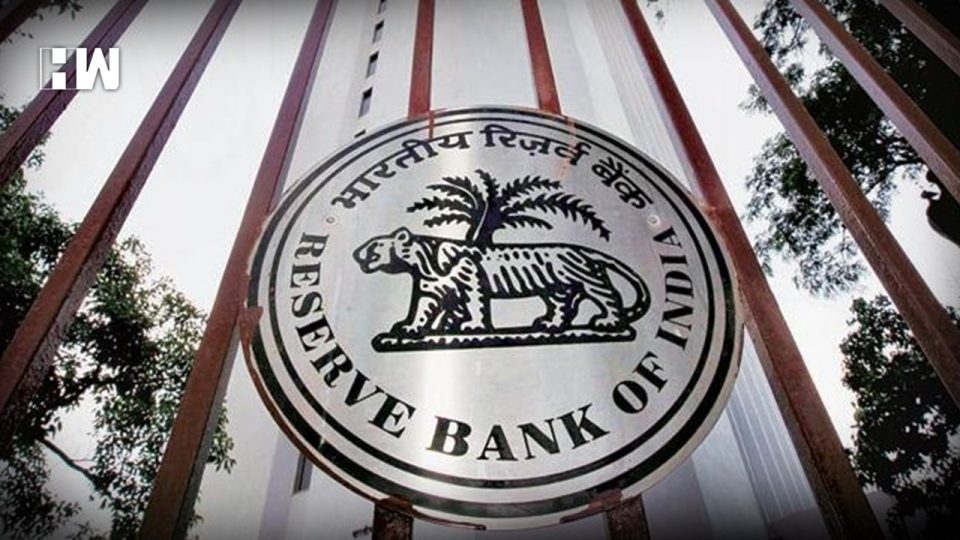Like in the case of every other institute, the Reserve Bank too has been facing RTI enquiries, which it has not responded to at times and now faces the ire of the Supreme Court. It all has to do with the RBI’s refusal to respond to a few RTI queries. In 2010 a petitioner sought information on the bank’s details of losses suffered on foreign derivative contracts by them, totalling to about Rs.32000 cr., which the RBI did not give. Thereafter another RTI enquiry that the RBI did not respond to, related to details of various violations by banks and the fines imposed by the RBI on them. Yet another RTI enquiry that the RBI did not respond to, was one seeking the Reserve Bank’s annual inspection reports, on an inspection conducted in the case of HDFC Bank, ICICI Bank, Axis Bank and the SBI. These reports were not given by the RBI saying that it has a fiduciary relationship with the banks. This refusal by the RBI triggered a round of litigation and the matter finally reached the Supreme Court.
In an order passed in 2015, the SC rejected RBI’s contention and said that it cannot hold back information citing fiduciary reasons. The SC also remarked that many banks and financial institutions are not clean and transparent and that the RBI has been trying to cover their acts from public scrutiny and said that it is the responsibility of the RBI to take action against those banks practising disputable business practices. The SC virtually implied that the RBI had been shielding banks and FIs that defraud the public. At that time the RBI chose not to file a review petition before the SC and said that it would comply with the SC’s order. But the RBI did not do so and rather ironically in 2016, it issued a new disclosure policy, stating that it is not bound to reveal all information. That earned the ire of the SC and triggered yet another round of hearing, with the SC warning the RBI each time, to disclose those annual inspection reports, which it did not.
An infuriated Supreme Court last week held the RBI guilty of contempt of court but did not pass any punitive order. It gave a last chance to the RBI and warned that any further non-compliance will be seriously taken and will lead to contempt proceedings. The SC says that the RBI must uphold public interest and must not act in the interest of banks, with whom it has no fiduciary duty. It also rejected the RBI plea of confidentiality and that it is not feasible to make the entire report public. The SC said that the RBI was duty bound to disclose the reports and that such behaviour of the RBI only attracts more suspicion and disbelief in the RBI.
The entire controversy has to do with the RBI’s annual inspection of banks and its reports thereon. The RBI annually inspects all commercial banks ie. public, private and foreign. It is an onsite inspection where the RBI officers visit bank head offices, controlling offices and large branches, for undertaking a comprehensive assessment of the banks. The RBI then issues an annual inspection report (AIR). It is a serious exercise which focuses on solvency, operational health, asset quality, capital adequacy, management, earnings, liquidity, systems, control, NPA etc. This report also looks into specific customer accounts and thus contains confidential information on them. The AIR is essential of a negative tone and focuses on the shortcomings, breach of rules and lacunae in bank management. It raises points of concern and demands a rectification plan from bank management. While the law does not specifically prohibit the RBI from making this report public, it is yet not made public only because it is a serious technical document, which can be easily interpreted out of context and can raise false alarms. The RBI’s reluctance to share the AIR is for fear of disclosing commercially sensitive information on banks and their clients. These can cause panic among the investors/depositors. Minor violations by banks can be blown out of proportion and there can be a run on the banks. The RBI has thus refused to disclose the AIRs citing fiduciary reasons and that the information is commercially sensitive.
But with this ultimatum of the SC to the RBI, it looks imminent that the AIRs will be revealed. While the RBI’s concerns on revealing commercially sensitive information are understandable, those about the bogey of a fiduciary capacity are not. But the fact is that much as these reports will enhance transparency and accountability in public life, they will certainly open a pandora’s box on bank NPAs, frauds, pathetic systems and chronic mismanagement. If these reports reveal the actual state of NPAs, the RBI will be castigated for negligence for not having taken action on time and if no such NPAs are revealed, then the RBI will be severely criticised for its incompetence and failure to recognise and prevent the NPA crisis. The RBI has been at the receiving end in the SC, on charges of contempt of court, but after these reports are disclosed, it will be at the receiving end on charges of negligence or incompetence or both.
As an independent media platform, we do not take advertisements from governments and corporate houses. It is you, our readers, who have supported us on our journey to do honest and unbiased journalism. Please contribute, so that we can continue to do the same in future.

